
Watch out, Audi! How Lexus staged a sales comeback in 2023 off the back of updated Lexus RX, NX and UX SUVs
The cold, hard facts of the 2022 sales data were not good for Lexus. The brand...
Browse over 9,000 car reviews
.png)
A Chinese startup born of state-owned GAC - Greater Bay Technology - claims its new Phoenix battery will vastly improve the way electric cars charge and travel.
The Phoenix is a new type of lithium-ion battery setup with 'superconducting materials' that allow the battery to better regulate its own temperature, something which has been a challenge for electric cars.
There are two key advantages to the Phoenix battery's heat management- the details of which have been reported by Chinese media such as Autohome - one being that in cold weather, the battery is able to maintain its temperature and avoid cooling to the point that it becomes less effective and loses range.
Cold weather has been a point of difficulty for EVs when it comes to range, with some cars losing more than a quarter of their usual range when temperatures drop to near 0°C.
The other advantage comes with charging - which is also affected by the battery's temperature.
For a battery to charge at optimum efficiency, it needs to be warm enough (above 15°C, ideally between 20°C and 30°C) and for most places in Australia during most of the year, this is easy.
However, in winter in much of the world, the Phoenix's ability to raise its temperature from -20°C to 25°C within five minutes means it's able to reach its optimal temperature for charging quickly.
Impressively, Greater Bay claims the battery can charge to 80 per cent in 7.5 minutes under ideal conditions, or about 10 minutes in most conditions above 6°C.
According to a Bloomberg report, Greater Bay claims the Phoenix battery will power EVs from GAC's Aion brand, which could allow some vehicles to boast 1000km+ ranges.

The company's previous first-gen battery is already used in the Aion V Plus (pictured at top), where it claims it's able to charge to an effective range of 500km in just 15 minutes.
Greater Bay's Co-Founder and Chair Huang Xiangdong said the breakthrough is a big step towards electric cars becoming as usable as ICE-powered cars as possible.
"We all know the range of EVs is greatly affected in cold regions, making it a terrible user experience," Huang told Bloomberg.
"The Phoenix battery not only addresses the long charging time for EVs, but other pain points. It doesn't matter if it's a hot day or a cold day, the Phoenix battery's range won't be affected.
"Once EVs can be driven and maintained like gasoline cars, then there's a greater chance for mass adoption."
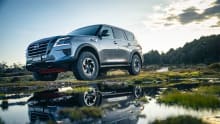
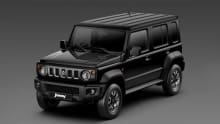

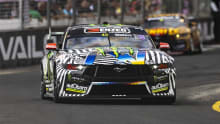
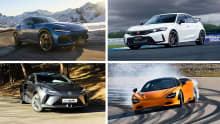
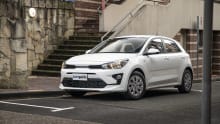
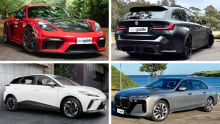
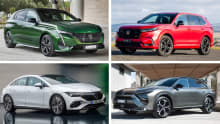
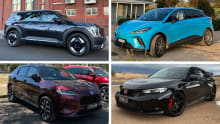
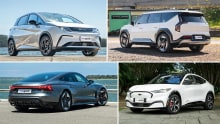
Comments